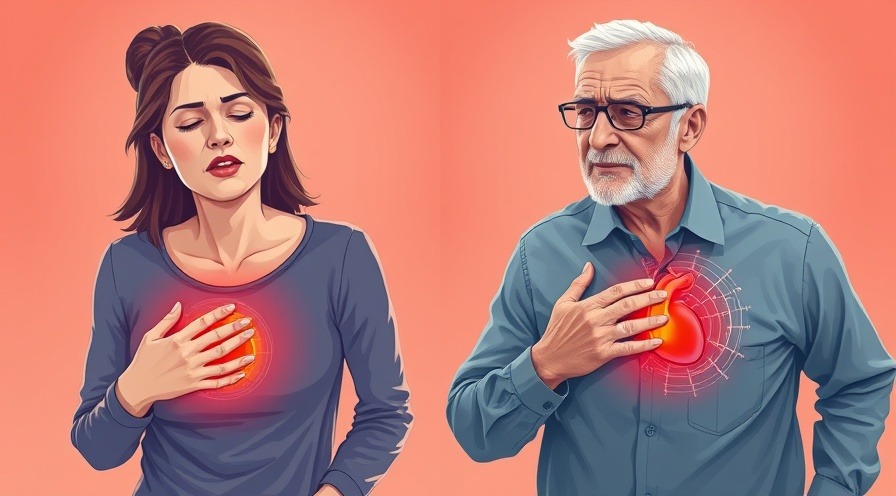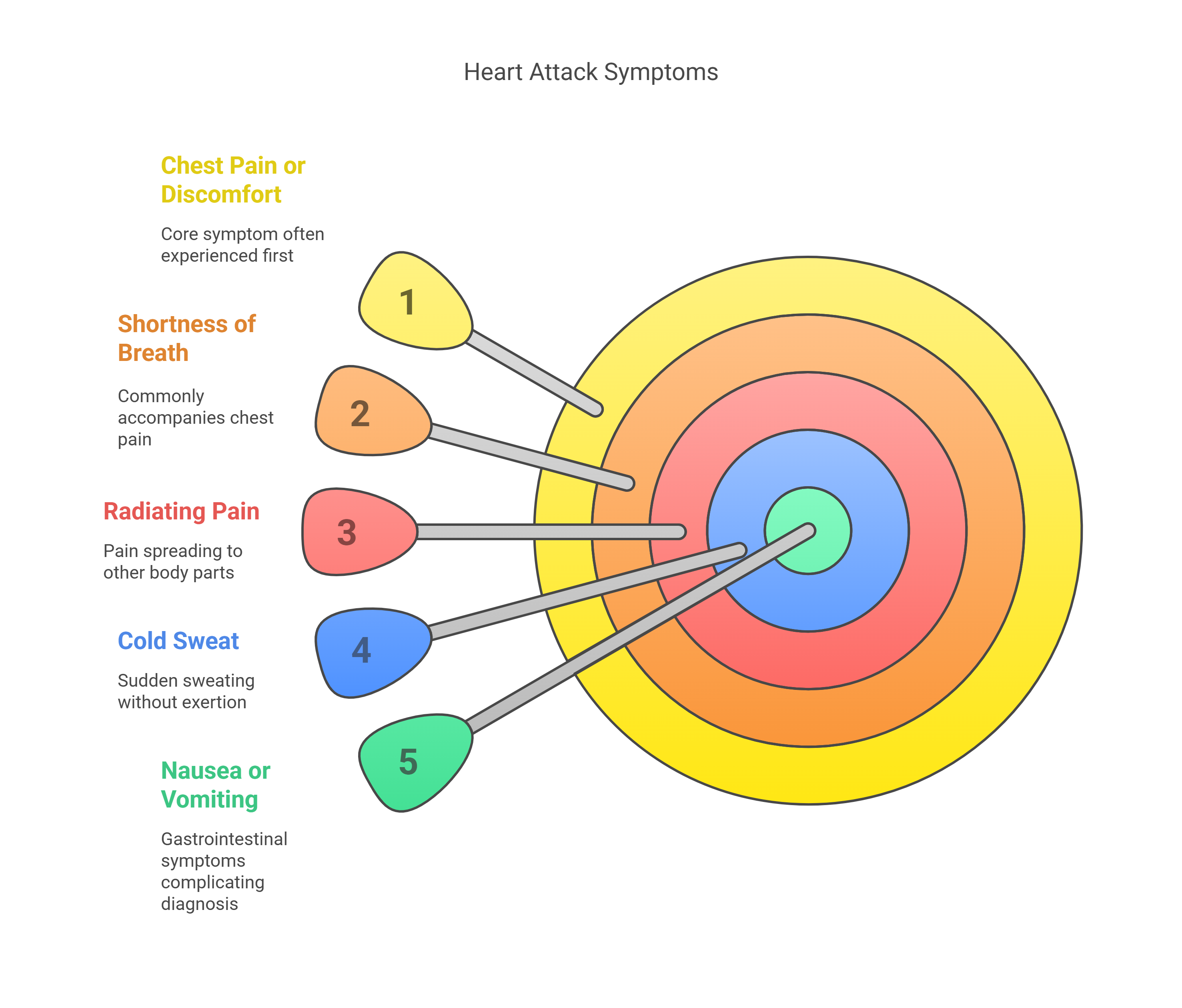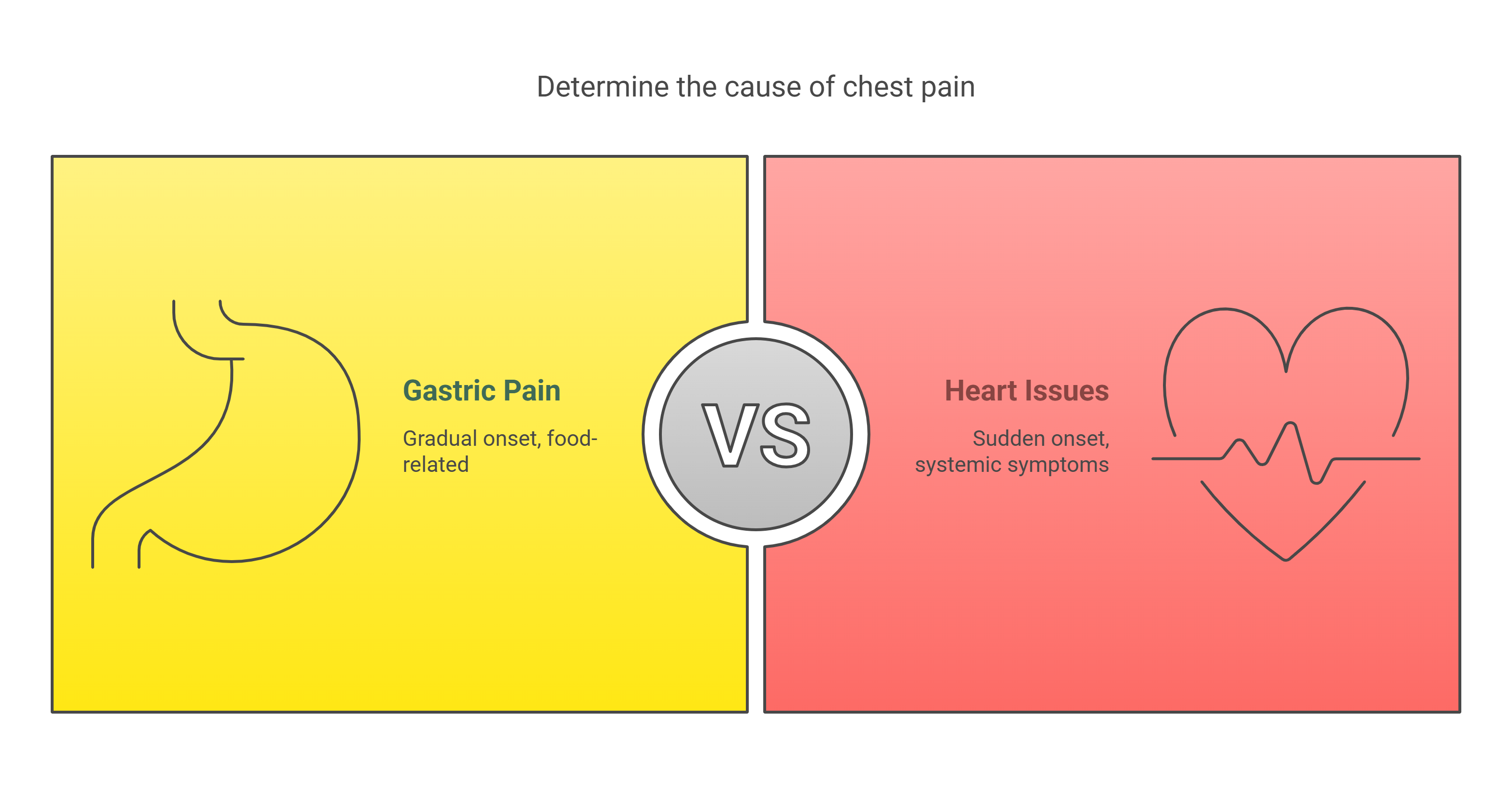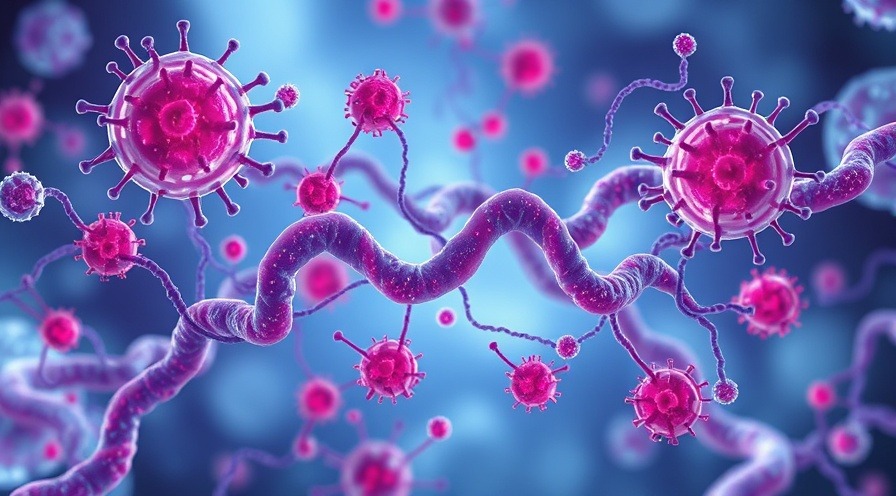
Understanding Chest Pain: The Key Differences
When it comes to chest pain, understanding the symptoms can be vital not just for one’s health but also for peace of mind. Many individuals experience chest discomfort that leads them to panic at the thought of a heart attack. However, not all chest pain indicates a serious heart problem. Recognizing the fine line between gastric pain and heart attacks can lead to timely and appropriate action.
What Exactly is a Heart Attack?
A heart attack, or myocardial infarction, occurs when blood flow to the heart muscle is obstructed. This lack of blood flow can be a result of various factors, including atherosclerosis, blood clots, or spasms in the coronary arteries. Without immediate intervention, part of the heart muscle can die, resulting in serious long-term damage or even fatality. Treatment is crucial and needs to occur as rapidly as possible to minimize harm.
Identifying Signs of a Heart Attack
Recognizing heart attack symptoms can save lives. Common indicators include:
Chest Pain or Discomfort: Often described as pressure, squeezing, or a burning sensation in the chest that may come and go.
Shortness of Breath: This may occur alongside or without chest pain.
Radiating Pain: Pain may extend to the arms, back, neck, jaw, or stomach.
Cold Sweat: A sudden onset of sweating not attributed to physical activity.
Nausea or Vomiting: Some people experience gastrointestinal symptoms, complicating diagnosis.

What About Gas Pain?
In contrast, gastric pain can stem from several conditions, often leading to discomfort that mimics a heart attack. Gas pain generally arises from issues like gastroesophageal reflux disease (GERD). GERD occurs when acidic content flows back into the esophagus, particularly after eating large meals, spicy, or fatty foods.
Signs of Gas Pain in the Chest
Gastric discomfort can present varied symptoms, often leading individuals to confuse it with heart-related issues. Signs include:
Sharp or Stabbing Pain: This pain can be sharp and concentrated in a specific area of the chest or abdomen.
General Discomfort: Bloating and a feeling of fullness can accompany sharp pains.
Timing and Triggers: Gas pain often correlates closely with food intake, especially after high-fat or spicy meals.
How to Differentiate Between the Two
Timing is critical in distinguishing gastric pain from heart issues. Heart attack symptoms often arise suddenly and are accompanied by more systemic symptoms like sweating or nausea. In contrast, gas pain tends to come on gradually and is usually related to specific food triggers.

Why Accurate Diagnosis Matters
Your health should never be compromised due to misdiagnosis. Recognizing the symptoms of both conditions can facilitate quicker, more effective medical responses. Seek immediate medical help if you experience severe or unusual symptoms, particularly chest pain accompanied by other warning signs.
Conclusion: Know Your Body
Staying informed about the differences between gastric pain and heart attack symptoms can empower you to take action when health issues arise. Whether preventative measures regarding diet are necessary or if immediate medical attention is warranted, understanding your body’s signals is essential.
If you experience persistent or severe symptoms, do not hesitate to consult a healthcare professional for clarity and potential treatment. Your health is of utmost importance!
 Add Row
Add Row  Add
Add 




Write A Comment